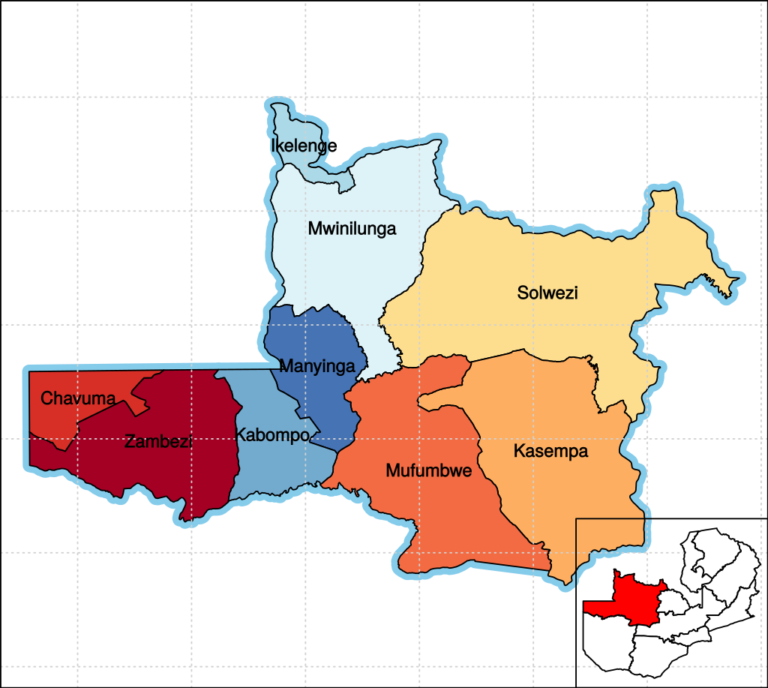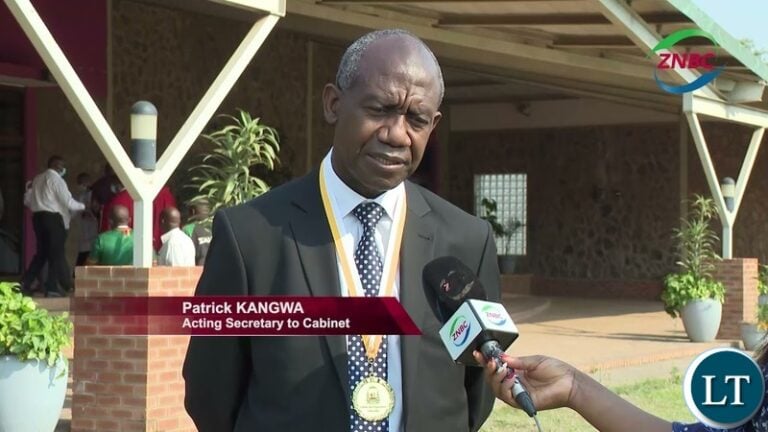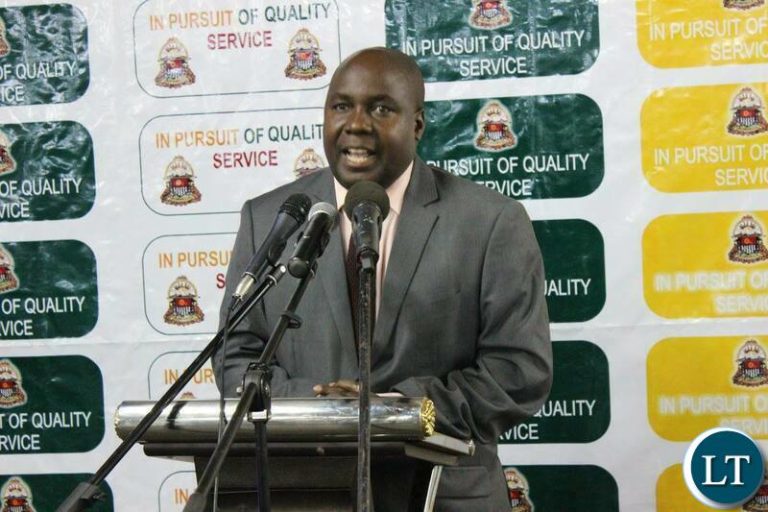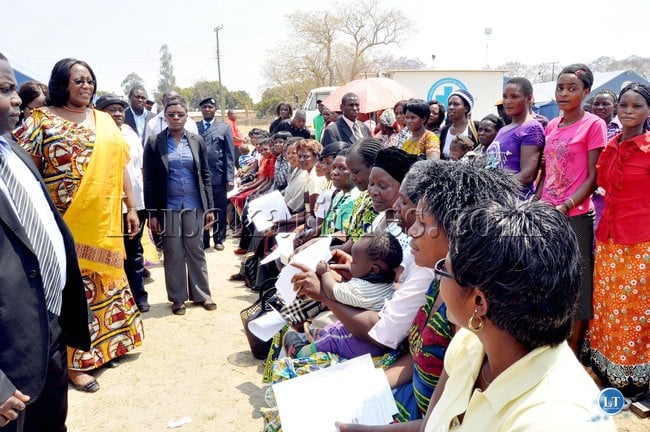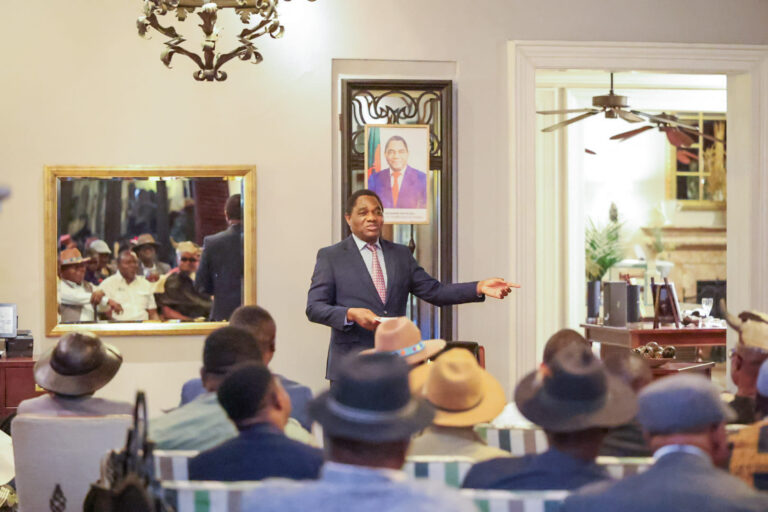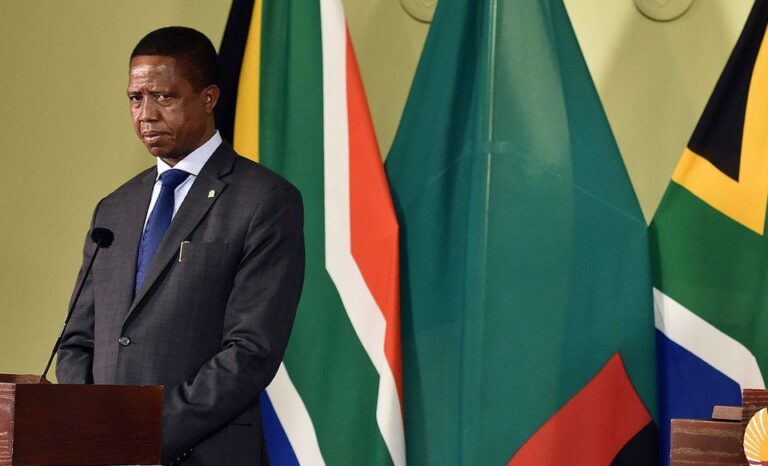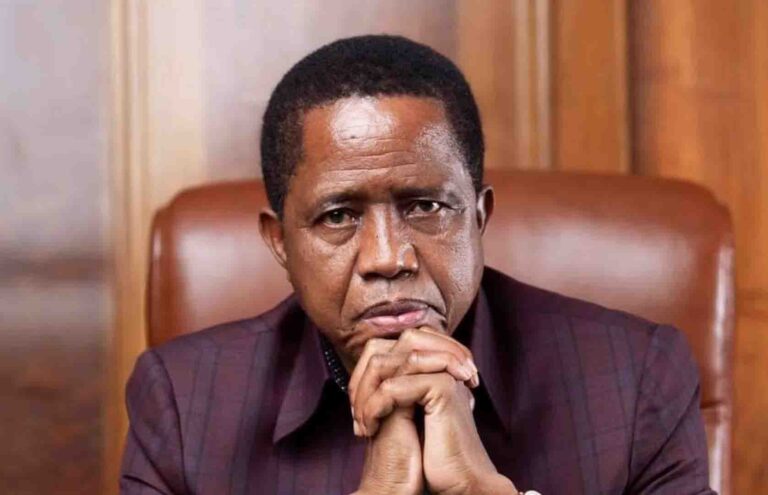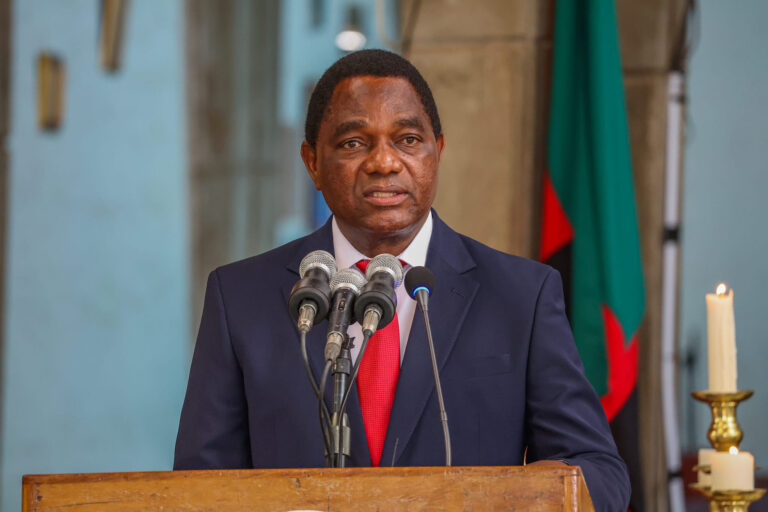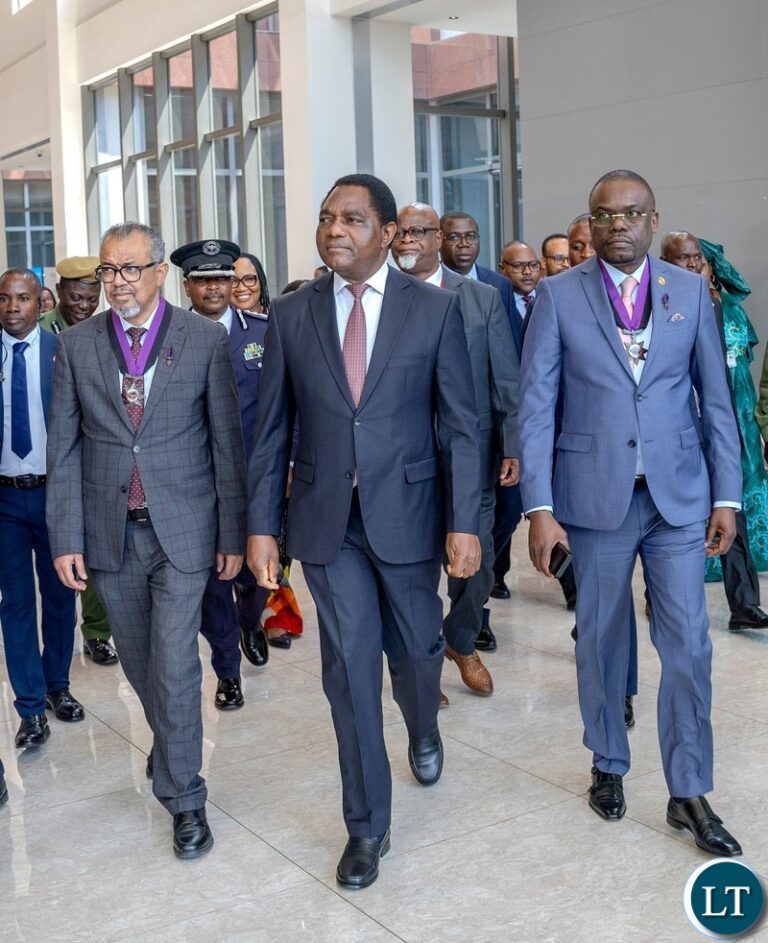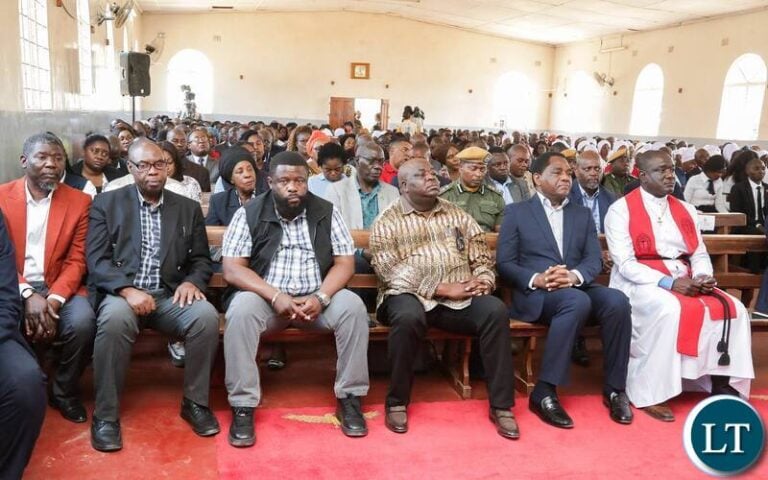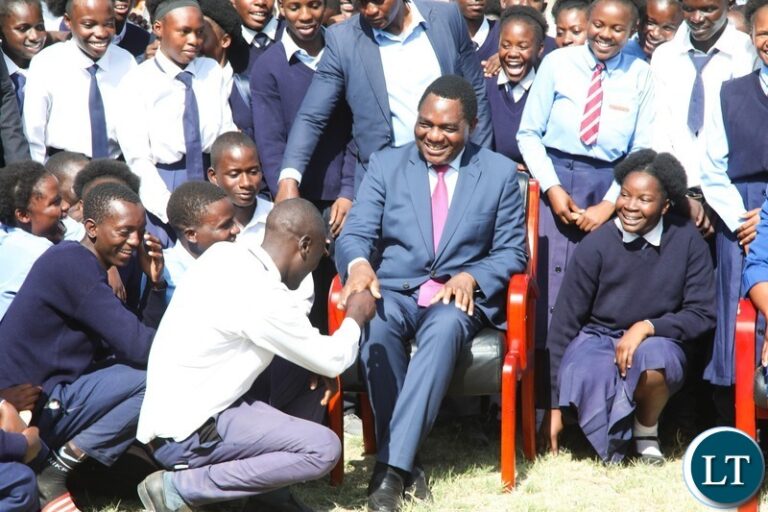The Roll Back Malaria (RBM) Partnership to End Malaria has observed that malaria is an African problem that needs about US$8.3 billion to address.
RBM Partnership to End Malaria Chief Executive Officer (CEO), Michael Charles revealed that over 600,000 lives are lost to malaria every year.
Dr Charles added that 1,600 African children under the age of five die of malaria every day.
He noted that US$8.3 billion is needed for the malaria fight saying, currently, there are gaps in financial resources on the continent.
He was speaking during a ministerial press conference on ending malaria in Lusaka today.
He has since urged African leaders to take health related issues as priority if the continent is to end the disease.
During the same meeting, Zambia’s Minister of Health, Elijah Muchima, said the Malaria Council of Zambia is determined to end the disease as it has to date mobilised over US$150 million cash as well as in kind towards malaria programmes country wide.
Dr Muchima, who was represented by his ministry’s Permanent Secretary for Technical Services Kennedy Lishimpi, observed that establishing the end malaria councils in the region as well as mobilising resources is key to African led financing solutions.
He has urged African countries to be independent as well as self reliant in malaria elimination.
He noted that Zambia has made tremendous strides in the health sector through various initiatives.
Earlier, Botswana Assistant Minister of Health, Lawrence Ookediste, said African countries should translate malaria commitments into tangible action.
Mr Ookediste noted that even though malaria challenges are huge, so are the opportunities to eliminate it.
And in his welcome remarks, World Health Organisation (WHO) Regional Director for Africa, Mohamed Janabi, who was represented by Dorothy Achu, noted that despite progress made in the malaria fight, there is still more to be done on the continent.
Professor Janabi reiterated the need to build local strengths such as strong national systems that work together as one in the region.
The African delegates were speaking today during the ministerial end malaria press briefing under the theme, ‘accelerating Africa’s Malaria Fight’ on the sidelines of this year’s 75th session of the World Health Organization’s Regional Committee for Africa.



